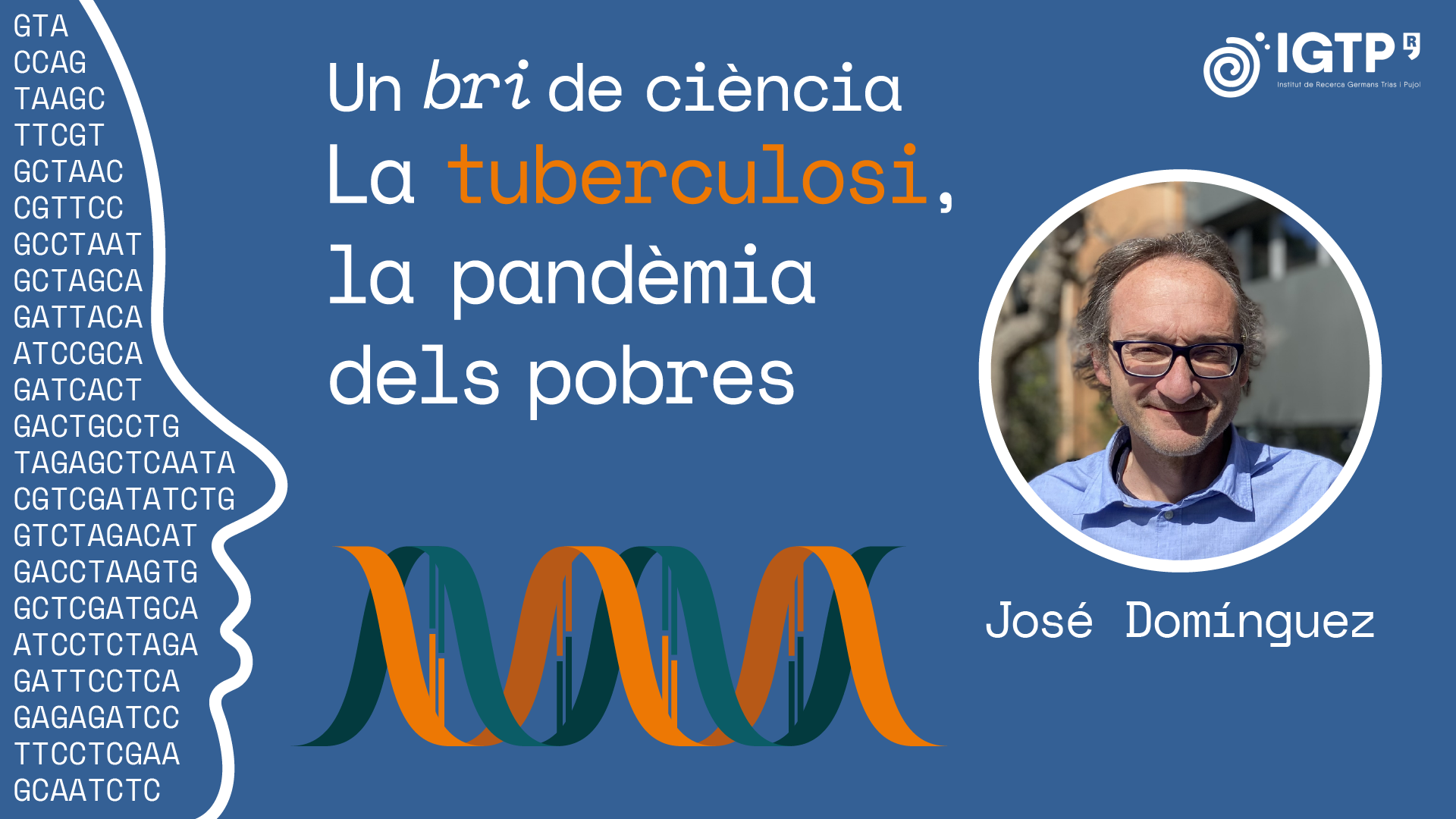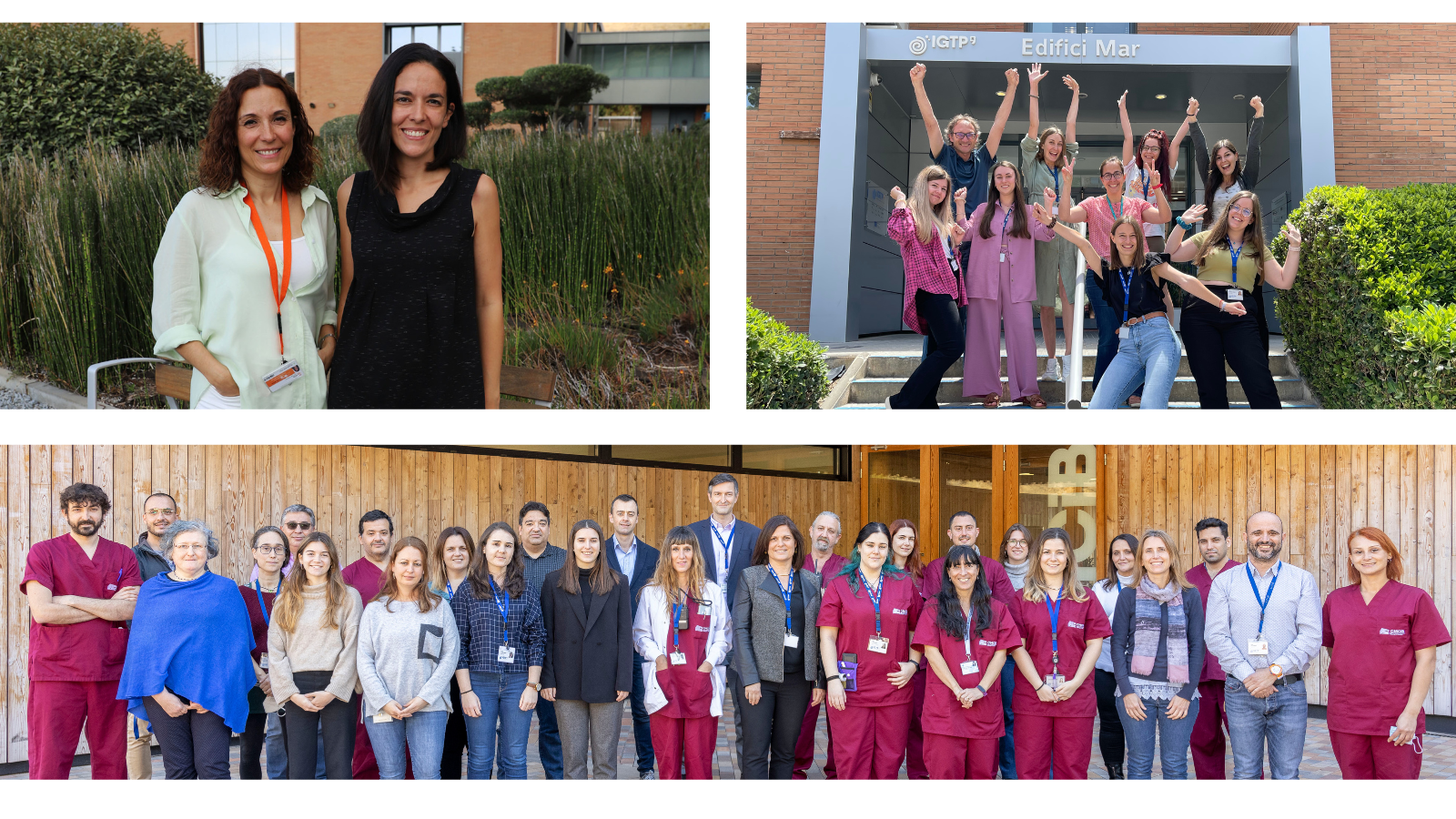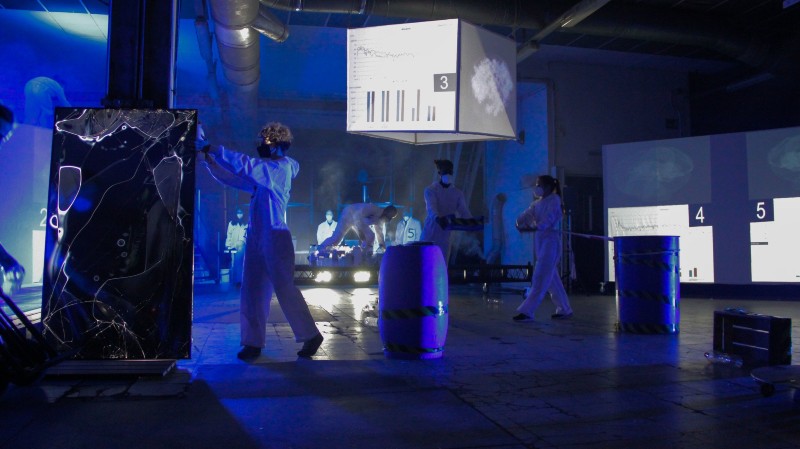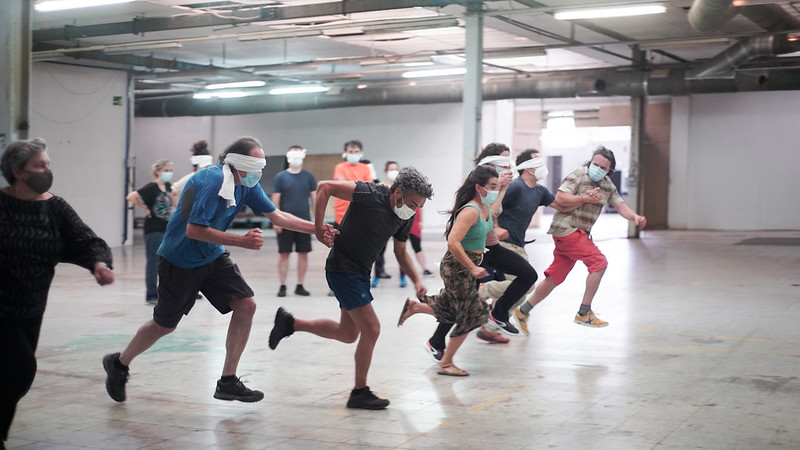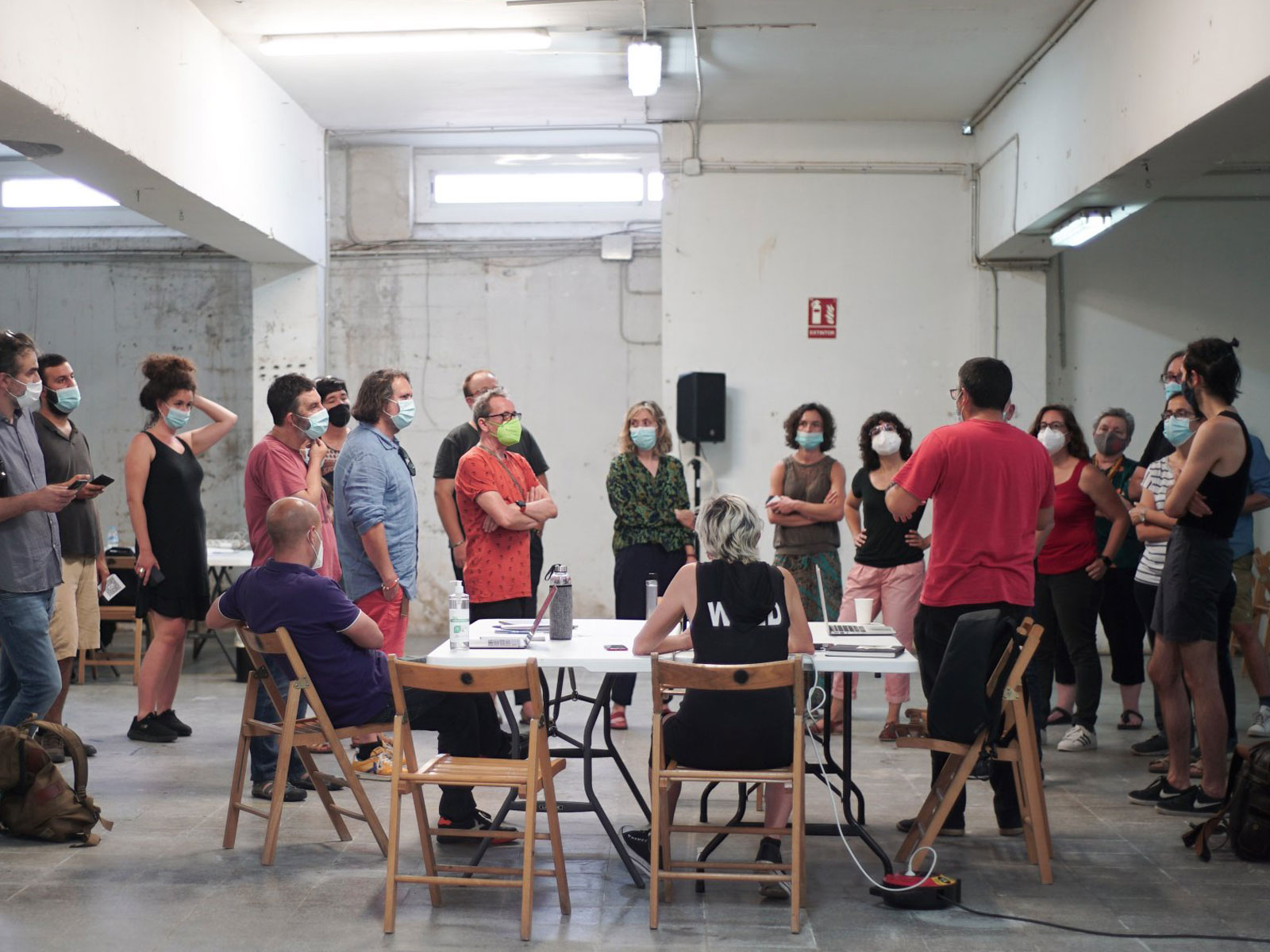The international consortium INNOVA4TB wraps up five years of cutting-edge tuberculosis research
On 21 March, the final meeting of INNOVA4TB, a consortium led by IGTP with researchers from around the world, took place. Participants presented the results of the different work packages and evaluated the work done since 2019. IGTP will continue to be involved in other networks such as ADVANCE-TB and SMA-TB.
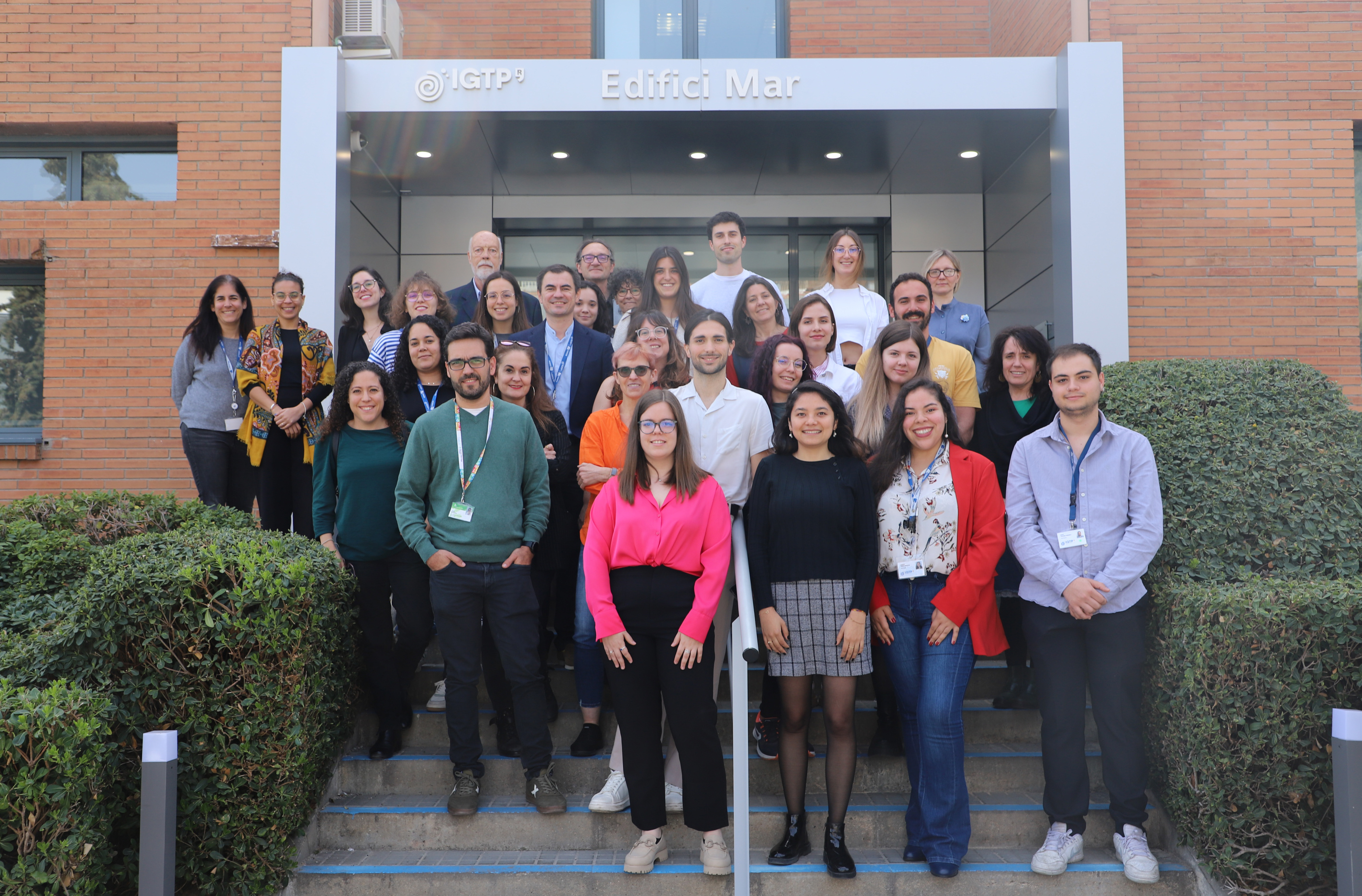


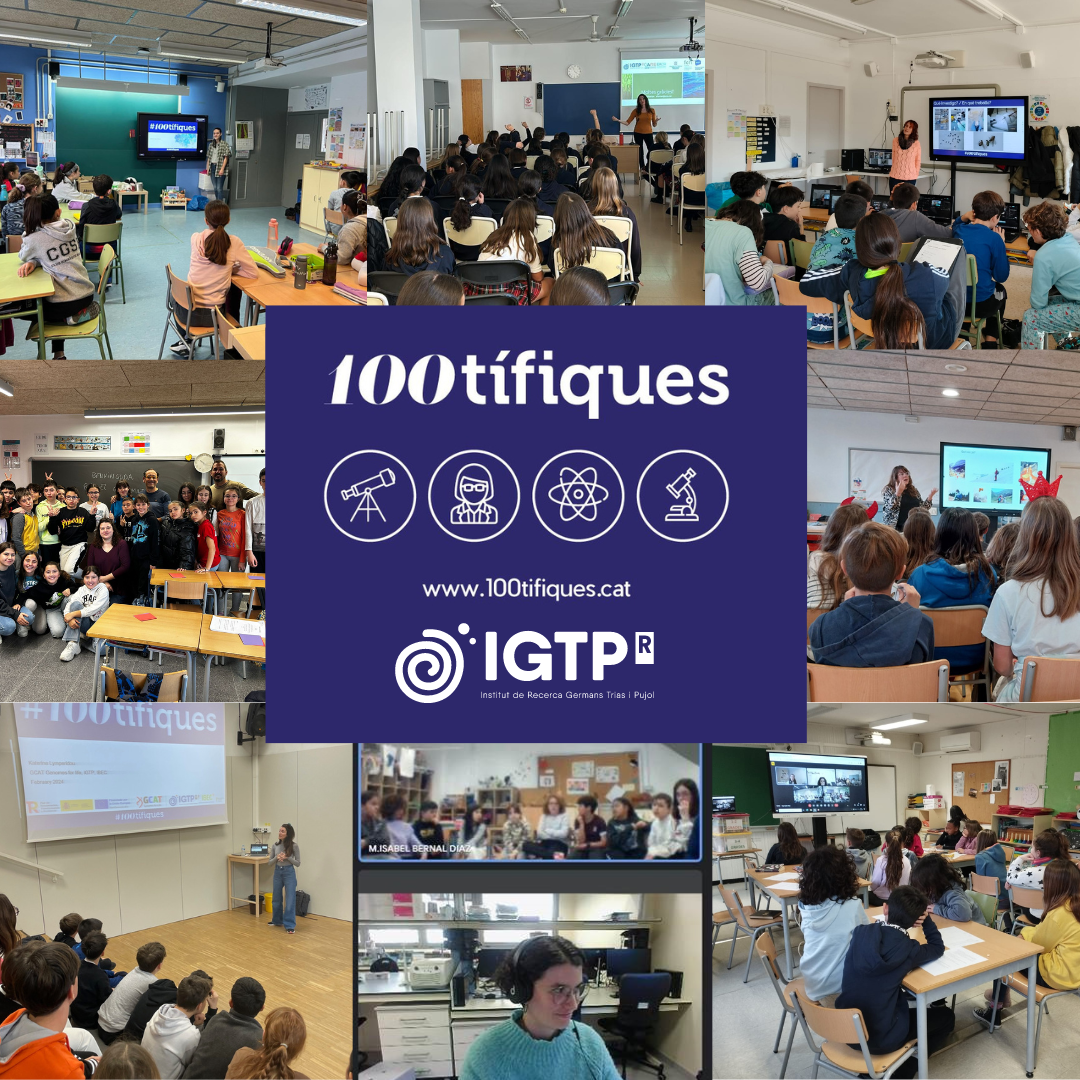
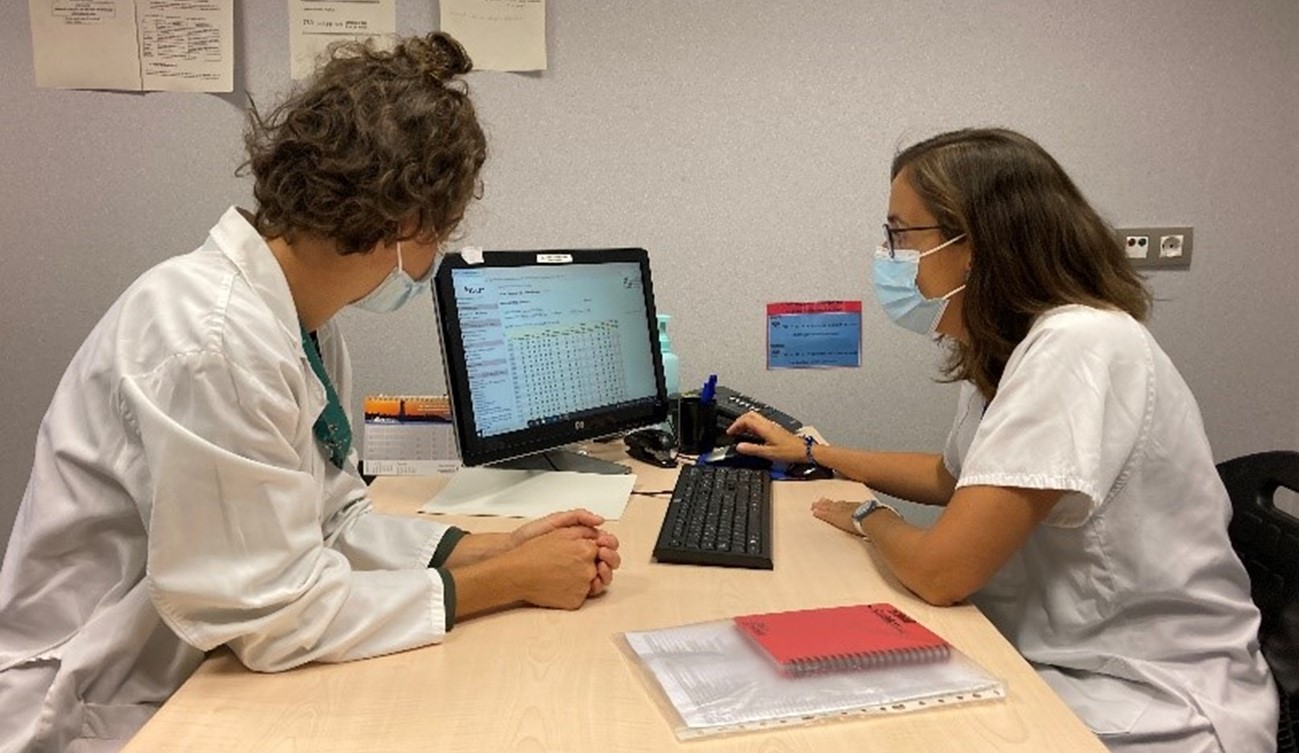
_1678377436.JPG)
